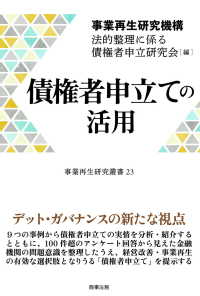基本説明
Contents: A Brief Survey of Jordan Theory, The Historical Perspective (Jordan Algebras in Physical Antiquity; Jordan Algebras in the Algebraic Renaissance; etc.), The Classical Theory (The Category of Jordan Algebras; The Category of Alternative Algebras; etc.).
Full Description
The book describes the history of Jordan algebras, and describes in full mathematical detail the recent structure theory for Jordan algebras of arbitrary dimension due to Efim Zelmanov. To keep the exposition elementary, the structure theory is developed for linear Jordan algebras (where the scalar ring contains 1/2, avoiding the nuisancy distractions of characteristic 2), though the modern quadratic methods are used throughout. Both the quadratic methods and the Zelmanov results go beyond the previous textbooks on Jordan Theory, written in the 1960's and early 1980's before the theory reached its final form. The book is written to serve either as a text for a 2nd year graduate course, or for independent reading, for students who need or wish to know a bit about Jordan algebras. It is not primarily aimed at experts or students going on to do research in the area, and no knowledge is required beyond standard first-year graduate algebra courses.
General students of algebra can profit from exposure to nonassociative algebras, and students or professional mathematicians working in areas such as Lie algebras, differential geometry (symmetric spaces or bounded symmetric domains), functional analysis (JB algebras and triples), or exceptional groups and geometry (related to the 27-dimensional Albert algebra) can also profit from acquaintance with the material. Jordan algebras crop up in many surprising settings, and find application to a variety of mathematical areas.








